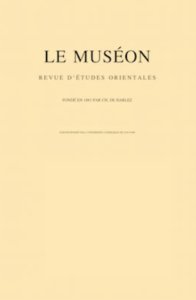
Our latest paper in now published:
A. Afif, S. Bhayro, P. E. Pormann, W. I. Sellers, N. Smelova, « On Digamma and the Armenian Earth », in Le Muséon, 131 (2018), p. 391-414.
Abstract:
The treatise On the Mixture and Power of Simple Drugs (Περὶ κράσεως καὶ δυνάμεως τῶν ἁπλῶν φαρμάκων) by Galen of Pergamum (129-216) is transmitted in a number of Greek manuscripts, and was translated into Syriac and Arabic. One Greek manuscript, Vatican Urbinas gr. 67, contains a passage from book IX about digamma and ‘Armenian earth’, not transmitted in the majority of Greek manuscripts and not included in the standard Greek edition by Kühn (1826). Galen called ‘Armenian earth’ a mineral that probably was orpiment, although the exact identification remains problematic. We now present a critical edition of the Syriac translation of part of this passage on the basis of the Syriac Galen Palimpsest; discuss the historic use of digamma; and explore the importance of Galen’s attestation of Armenian words.
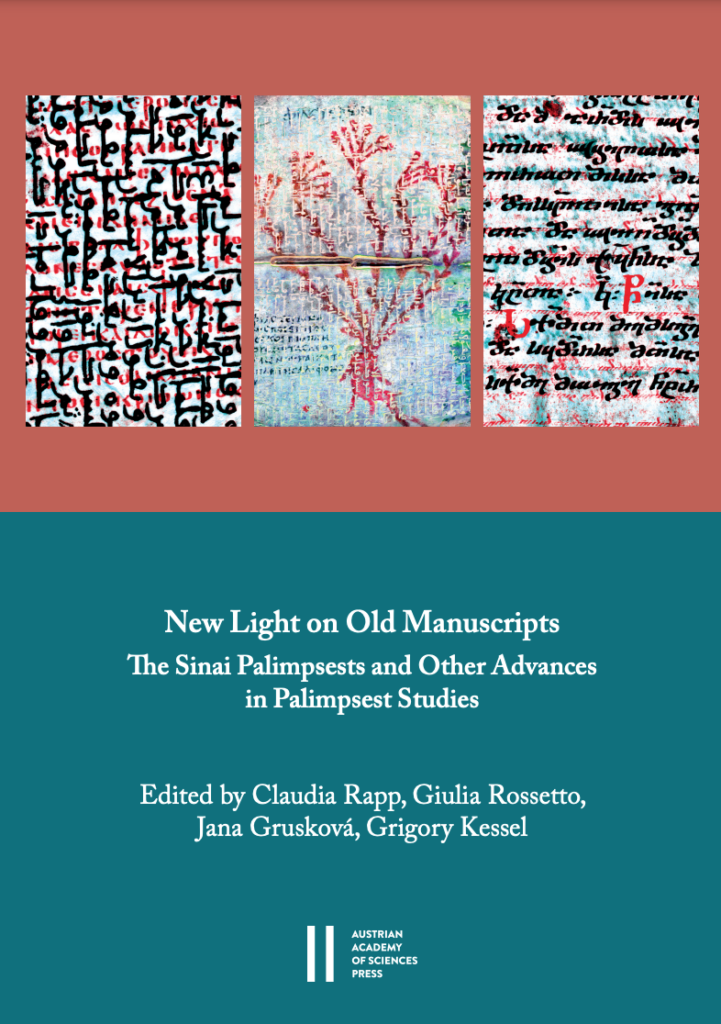

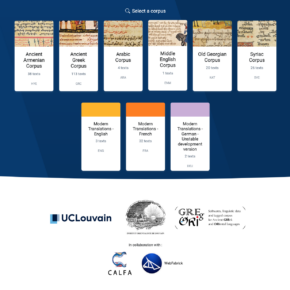 As part of my collaboration with the
As part of my collaboration with the The Congress ‘
The Congress ‘ I am very happy to present you the result of my online collaboration with the John Rylands Library in 2020. I have compiled TEI XML descriptions of Syriac manuscripts from the John Rylands Research Institute and Library’s collection.
I am very happy to present you the result of my online collaboration with the John Rylands Library in 2020. I have compiled TEI XML descriptions of Syriac manuscripts from the John Rylands Research Institute and Library’s collection.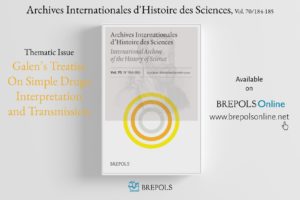 New publication: Naima Afif, Peter E. Pormann, William I. Sellers, Natalia Smelova, Siam Bhayro, « The Syriac Text of Book Nine of On Simple Drugs. New Evidence from the Syriac Galen Palimpsest » in Archives Internationales d’Histoire des Sciences (Galen’s Treatise On Simple Drugs: Interpretation and Transmission), 70/184-185, 2020, pp. 130-149. Access through the
New publication: Naima Afif, Peter E. Pormann, William I. Sellers, Natalia Smelova, Siam Bhayro, « The Syriac Text of Book Nine of On Simple Drugs. New Evidence from the Syriac Galen Palimpsest » in Archives Internationales d’Histoire des Sciences (Galen’s Treatise On Simple Drugs: Interpretation and Transmission), 70/184-185, 2020, pp. 130-149. Access through the 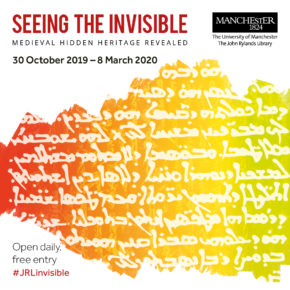



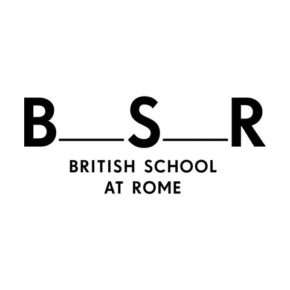 L’université de Warwick organise un workshop international sur la pharmacologie ancienne, la transmission et la réception du traité de Galien Sur les médicaments simples à la British School de Rome ce vendredi 27 septembre 2017.
L’université de Warwick organise un workshop international sur la pharmacologie ancienne, la transmission et la réception du traité de Galien Sur les médicaments simples à la British School de Rome ce vendredi 27 septembre 2017. L’équipe Mondes sémitiques de l’UMR 8167 Orient et Méditerranée à Paris cherche à développer un logiciel de reconnaissance de textes manuscrits syriaques.
L’équipe Mondes sémitiques de l’UMR 8167 Orient et Méditerranée à Paris cherche à développer un logiciel de reconnaissance de textes manuscrits syriaques.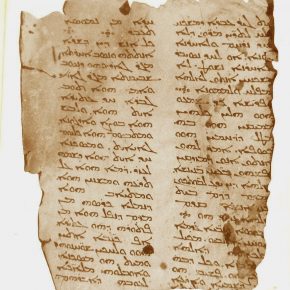 L’Université de Manchester en partenariat avec l’Académie autrichienne des sciences organise un workshop sur les méthodes automatisées de lemmatisation et d’analyse morphologique de textes syriaques.
L’Université de Manchester en partenariat avec l’Académie autrichienne des sciences organise un workshop sur les méthodes automatisées de lemmatisation et d’analyse morphologique de textes syriaques.